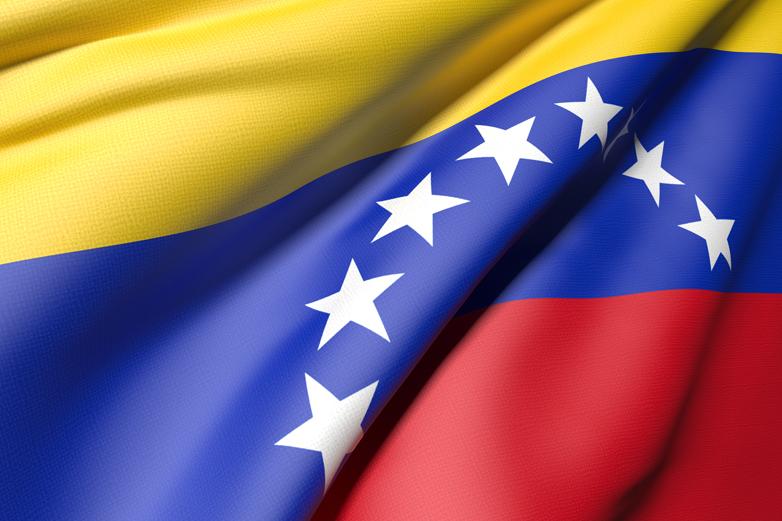
Executive Order 13692: Expands Upon Congressional Legislation; Authorizes OFAC To Designate Venezuelan Officials for Their “Status,” Not Their “Conduct.”
Like many sanctions programs before it, the Venezuela-related OFAC sanctions program is implemented pursuant to the International Emergency Economic Powers Act (IEEPA). However, one unique aspect of this sanctions program is that it is also implemented pursuant to the Venezuela Defense of Human Rights and Civil Society Act of 2014, which was signed into law by the President on December 18, 2014.
As the preamble to Executive Order 13692 makes clear, “the situation in Venezuela, including the Government of Venezuela’s erosion of human rights guarantees, persecution of political opponents, curtailment of press freedoms, use of violence and human rights violations and abuses in response to anti-government protests, and arbitrary arrest and detention of anti-government protesters, as well as the exacerbating presence of significant public corruption, constitutes an unusual and extraordinary threat to the national security and foreign policy of the United States.”
The concerns highlighted by the President are consistent with the findings of Congress enumerated in Section 3 of the Venezuela Defense of Human Rights and Civil Society Act of 2014. This is typical, especially when the imposition of sanctions is obligated by an Act of Congress.
Additionally, the Act states that it is U.S. policy to “support the people of Venezuela in their aspiration to live under peace and representative democracy,” to “work with the Organization of American States (OAS) and the European Union to ensure the peaceful resolution of the situation in Venezuela,” to “hold accountable government and security officials in Venezuela responsible for or complicit in the use of force against anti-government protests,” and to “support the development of democratic political processes and independent civil society in Venezuela.” By imposing sanctions, the United States hopes to further those policies.
The Act directs the President to impose U.S. asset blocking and U.S. exclusion sanctions against any person who has:
- Perpetrated or is responsible for otherwise directing significant acts of violence or serious human rights abuses against persons associated with the anti-government protests in Venezuela that began on February 4, 2014;
- Directed or ordered the arrest or prosecution of a person primarily because of the person’s legitimate exercise of freedom of expression or assembly; or
- Knowingly materially assisted or provided significant financial, material, or technological support for the commission of such acts.
However, the executive order expands these prerequisites to being targeted and placed on the OFAC SDN List by including any person determined to be responsible for or complicit in, or responsible for ordering, controlling, or otherwise directing, or to have participated in, directly or indirectly,
- Actions or policies that undermine democratic processes or institutions; or
- Public corruption by senior officials within the Government of Venezuela.
Also eligible for targeting are any current or former officials of the Government of Venezuela, regardless if it can be proven by OFAC that such person was actually involved in the above mentioned activities. The acting director of OFAC even told Congress that “such ‘status-based’ authority is a useful tool that allows [OFAC] to go after targets of concern for which there may be limitations to [OFAC’s] ability to designate under ‘conduct-based’ authorities.” In essence, OFAC has authorized itself to make legally sufficient designations in Venezuela divorced from any requirement to investigate facts of a potential target’s actual conduct.
The Act has one peculiar (and somewhat unique) feature, a sunset clause that terminates the requirement to impose sanctions on December 31, 2016. However, given that the Venezuela-related sanctions are also imposed pursuant to IEEPA, the President will likely be able to continue the imposition of sanctions even after the requirement lapses if in fact the situation in Venezuela continues to threaten U.S. national security and foreign policy.
Disclaimer: Blog posts should not be relied upon as legal advice and are only provided for informational purposes. Information contained in blog posts may also become outdated with the passage of time as laws change and U.S. foreign policy and national security objectives evolve.

